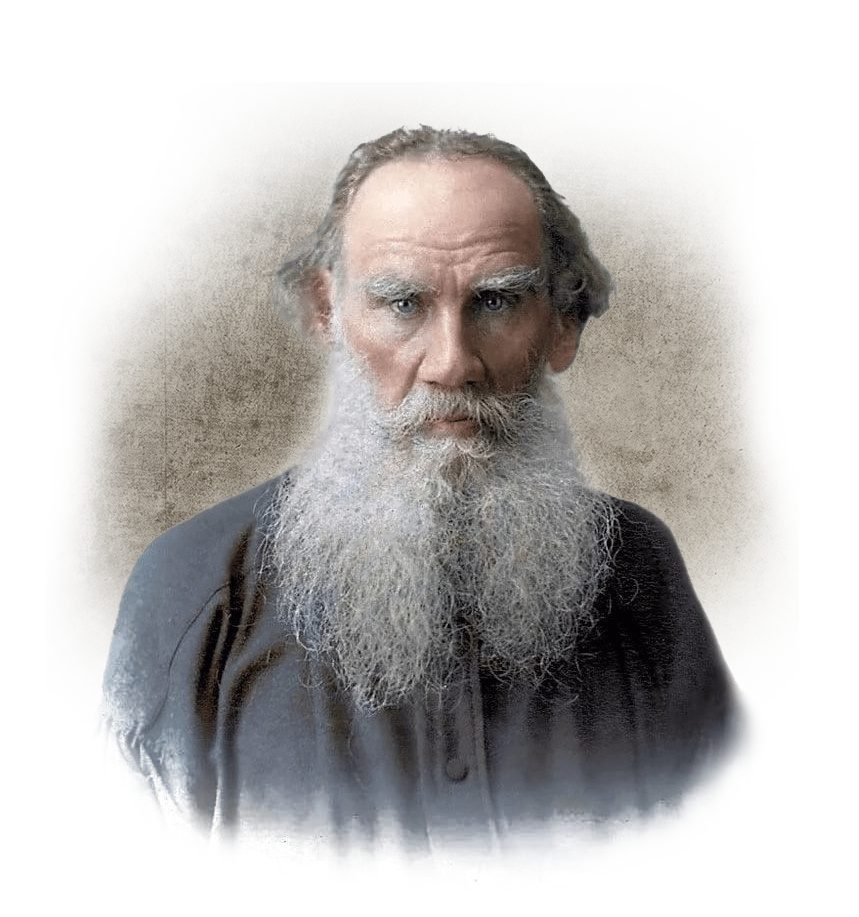
29.12.2023
Leo Tolstoy, in his epic work «War and Peace», explores not only military events, but also deep aspects of human nature, offering readers deep reflections on the nature of war and peace.
Leo Tolstoy, in his epic work «War and Peace», explores not only military events, but also deep aspects of human nature, offering readers deep reflections on the nature of war and peace.
In War and Peace, Tolstoy describes battles and their aftermath in detail, showing the horrors of war through realistic scenes of clashes and the suffering of soldiers. He does not hesitate to demonstrate the chaos of battlefields and the senselessness of military activity. However, he also addresses the impact of war on people’s everyday lives, showing how it changes the attitudes, lifestyle and behavior of ordinary people.
One of the key themes in the work are the ideals of peace and humanism, which permeate the characters and actions of the characters. Tolstoy argues that the true magnitude of man is manifested not in heroic deeds on the battlefield, but in his humanity, compassion and the importance of every little thing in everyday life.
«War and Peace» is not only a historical novel, but also a deep philosophical work that raises questions about the value of life, its meaning and morality. Through his characters, Tolstoy addresses deep questions of human nature and causes readers to reflect on the meaning of life and the value of humanism in the world, their significance in society.
Leo Tolstoy’s War and Peace is not only an epic historical saga, but also a profound philosophical work questioning the values of war and glorifying humanism, peaceful ideals and humanity. Tolstoy urges readers to think about the value of peace and harmony, arguing that the true victory of man is not in military exploits, but in the search for harmony and peace within oneself and in society.




